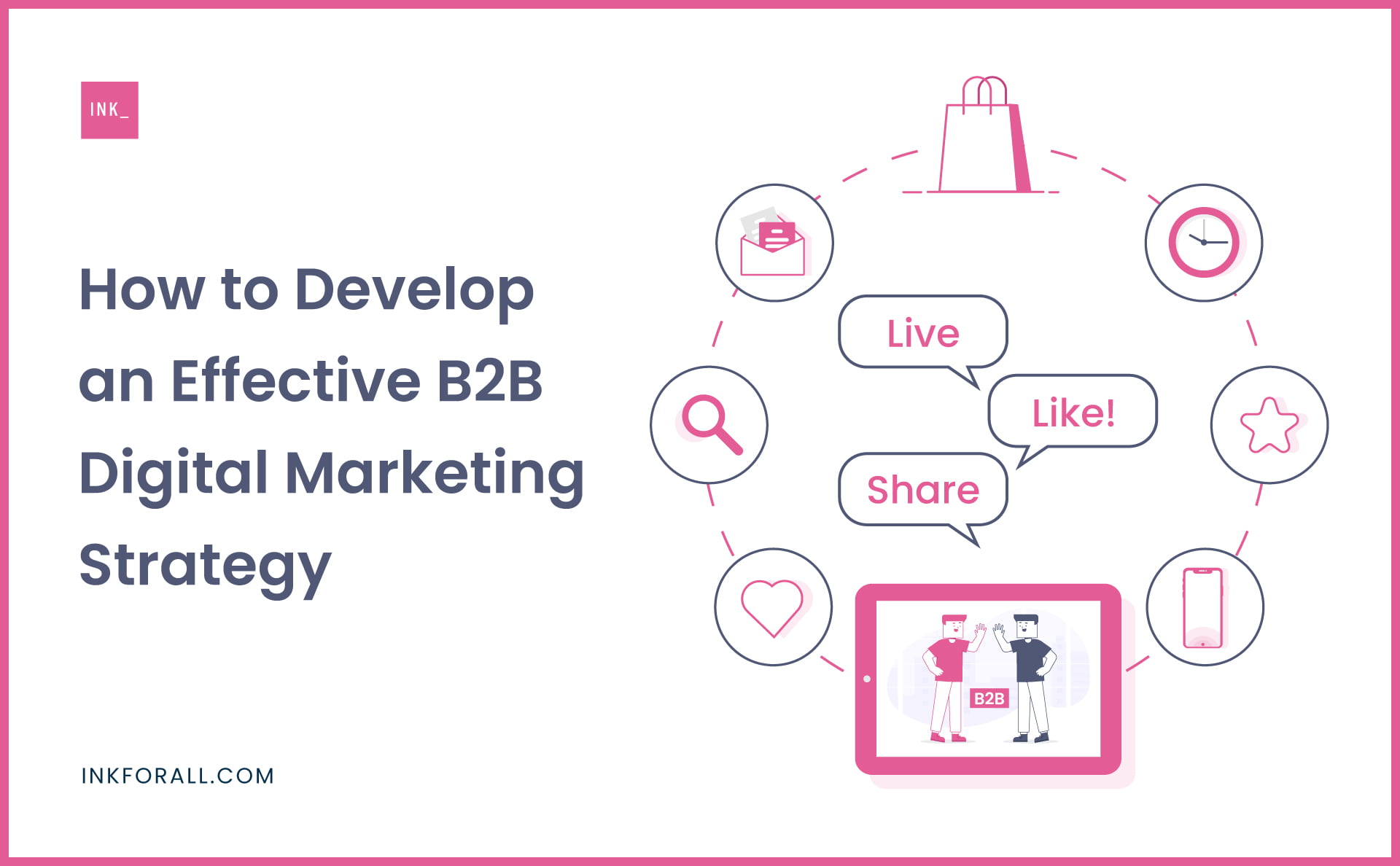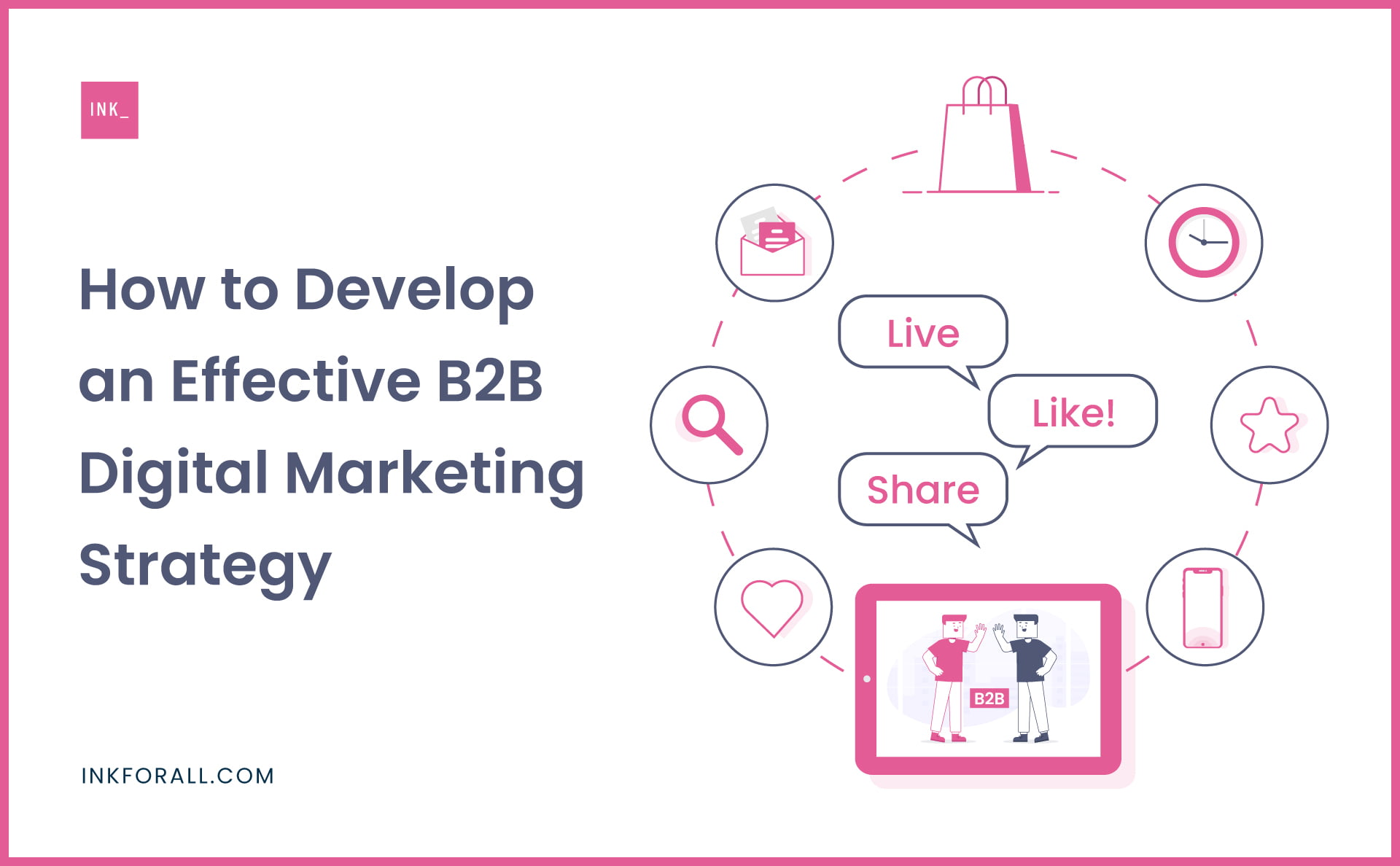Discover how digital marketing is revolutionising the construction industry, helping small businesses secure more projects and boost their bottom line with targeted online strategies that deliver measurable results.
The Digital Revolution in Construction Marketing
The construction industry is experiencing an unprecedented digital transformation, with 87% of construction businesses now prioritising digital marketing strategies in their growth plans. Traditional word-of-mouth referrals and print advertising, while still valuable, are no longer sufficient in today’s competitive landscape. The COVID-19 pandemic has accelerated this shift, with 93% of construction project research now starting online. Digital marketing has become essential for small construction businesses to remain competitive, offering unprecedented opportunities to showcase expertise, reach targeted audiences, and generate qualified leads at a fraction of traditional marketing costs.
Understanding the Digital Marketing Landscape for Construction
In 2024, the digital marketing landscape for construction businesses has evolved significantly. Recent studies show that construction companies implementing comprehensive digital marketing strategies see an average of 23% increase in lead generation. The focus has shifted from generic advertising to targeted, data-driven approaches that deliver measurable results. Key trends include the rise of video content, with 78% of construction decision-makers preferring video demonstrations of services and projects, and the growing importance of mobile-first marketing strategies, as 67% of construction-related searches now occur on mobile devices.
Core Digital Marketing Strategies for Construction Companies
1. Building a Strong Online Presence
A robust online presence is fundamental for construction businesses in the digital age. Your website serves as your digital showroom, where potential clients form their first impressions of your business. Studies indicate that 75% of people judge a company’s credibility based on their website design. Essential elements include:
- Professional, mobile-responsive website design
- High-quality project portfolio with detailed case studies
- Clear service descriptions and unique value propositions
- Client testimonials and trust indicators
- Easy-to-find contact information and call-to-action buttons
2. Local SEO and Search Engine Visibility
Local SEO is crucial for construction businesses, with 46% of all Google searches having local intent. Optimising your online presence for local searches can significantly improve visibility and lead generation. Focus areas include:
- Google Business Profile optimisation
- Local keyword targeting
- Location-specific content creation
- Online review management
- Local business directory listings
3. Content Marketing and Thought Leadership
Content marketing establishes your construction business as an industry authority while improving search engine rankings. Companies that blog consistently receive 67% more leads than those that don’t. Effective content strategies should include detailed project showcases, expert advice articles, how-to guides, and industry insights. Focus on creating valuable content that addresses common client questions and demonstrates your expertise in specific construction niches.
4. Social Media Marketing in Construction
Social media platforms offer unique opportunities to showcase your work and engage with potential clients. LinkedIn leads generation for B2B construction services has increased by 40% since 2022. Platform-specific strategies include:
- LinkedIn: Professional networking and B2B lead generation
- Instagram: Visual project showcases and behind-the-scenes content
- Facebook: Community engagement and local market presence
- YouTube: Project walkthroughs and educational content
Measuring Success and ROI
Key Performance Indicators (KPIs)
Tracking the right metrics is essential for measuring digital marketing success. Construction businesses that regularly monitor KPIs report 31% higher ROI on their marketing investments. Essential metrics include:
- Website traffic and engagement rates
- Lead generation and conversion rates
- Cost per lead and customer acquisition cost
- Social media engagement and reach
- Search engine rankings for target keywords
Analytics and Reporting
Implementing robust analytics tools helps track campaign performance and make data-driven decisions. Key considerations include:
- Google Analytics 4 implementation
- Call tracking systems
- CRM integration
- Social media analytics
- Lead source attribution
Implementation Strategies for Small Construction Businesses
Creating a Digital Marketing Plan
A well-structured digital marketing plan is crucial for success. Construction businesses with documented marketing strategies are 313% more likely to report success. Essential steps include:
- Setting clear, measurable objectives
- Identifying target audience segments
- Developing a content calendar
- Planning resource allocation
- Establishing measurement criteria
Budget Allocation and Resource Management
Effective budget management is crucial for small construction businesses. The average construction company allocates 12% of revenue to marketing, with digital channels providing the highest ROI. Focus on:
- Prioritising high-impact channels
- Leveraging automation tools
- Outsourcing specialist tasks
- Monitoring and optimising spend
Future-Proofing Your Construction Business
Emerging Digital Marketing Trends
Staying ahead of digital trends is crucial for maintaining competitive advantage. Key emerging trends include:
- Virtual reality project showcases
- AI-powered chatbots for customer service
- Voice search optimisation
- Sustainable construction marketing
Adapting to Market Changes
Flexibility in digital marketing strategy is essential for long-term success. Construction businesses that regularly update their digital strategies show 28% better year-on-year growth. Focus on continuous learning, market monitoring, and strategy refinement to maintain effectiveness.
Taking the Next Step
The digital transformation of construction marketing presents unprecedented opportunities for small businesses to compete and grow. Success requires a strategic approach, consistent execution, and ongoing optimization. Start by assessing your current digital presence, identifying gaps, and developing a comprehensive digital marketing plan aligned with your business goals. Remember that digital marketing is an investment in your business’s future, with 92% of construction companies reporting positive ROI from their digital marketing efforts. Take action today to secure your position in tomorrow’s digital construction landscape.
FAQ
Why digital marketing is important for a business?
What is the importance of digital marketing? Digital marketing allows you to reach your target audience online in a variety of ways and on a variety of platforms. It can help you spread brand awareness, reach new audience, increase your revenue, and more.
How is digital marketing cost-effective?
With digital marketing, a lot of your costs are low. Things like email campaigns, social media interactions and posts, and website content cost you nearly nothing to produce. When your customers come to you through these channels, your CAC is negligible.
How much does digital marketing increase sales?
A study by the Harvard Business Review found that companies that prioritise digital marketing efforts experience an average revenue growth of 2.8 times higher than those that do not. There are several reasons why digital marketing is so effective at increasing sales.
How is digital marketing adding value to business?
By consistently engaging with customers through social media, email campaigns, and valuable content, businesses can nurture lasting relationships and encourage brand loyalty. Compared to traditional methods, digital marketing is cost-effective and delivers measurable results.
How does digital technology affect small businesses?
Technology has made it possible for small businesses to streamline their operations, improve their products and services, motivate customer behavior, reduce costs, and increase productivity, among other benefits.
Sources
[1] https://www.shoutaboutus.com/blog/www-shoutaboutus-com-blog-benefits-of-digital-marketing-for-small-businesses
[2] https://www.optimonk.com/benefits-of-digital-marketing/
[3] https://www.salesforce.com/small-business/marketing/digital-marketing-smb-guide/


